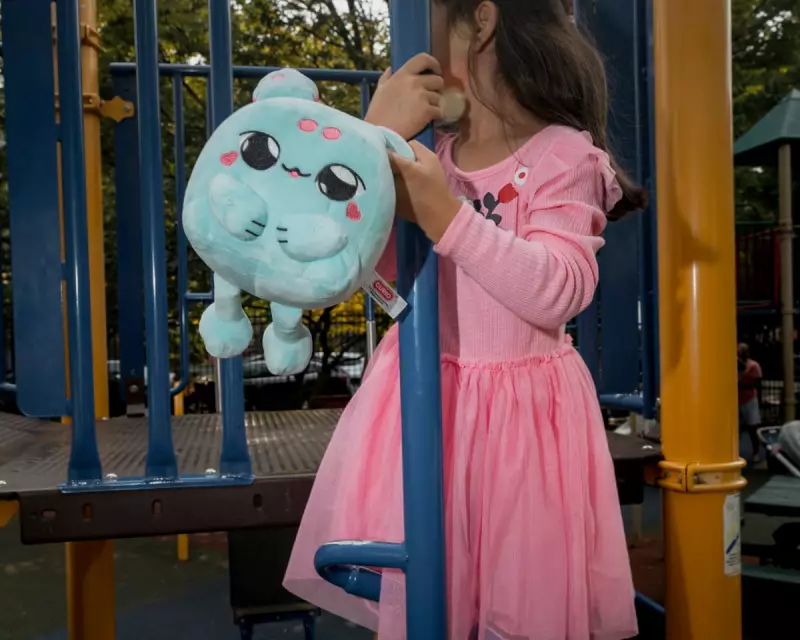
Imagine a teddy bear that adapts its personality to your child's mood, or building blocks that teach coding through responsive play. This isn't science fiction—it's the rapidly approaching future of childhood, powered by artificial intelligence.
The New Playground: AI Companions Enter the Nursery
British children's playrooms are undergoing a silent revolution. Traditional dolls and action figures are making way for interactive AI companions that learn, adapt, and respond. These sophisticated toys use machine learning algorithms to study children's speech patterns, preferences, and behaviours, creating increasingly personalised play experiences.
"We're moving from passive toys to active play partners," explains Dr Eleanor Vance, child development researcher at Cambridge University. "These toys don't just respond to commands—they anticipate needs and adjust their behaviour based on continuous interaction."
Educational Breakthrough or Privacy Nightmare?
The potential educational benefits are staggering. AI toys can:
- Provide personalised learning experiences that adapt to each child's pace
- Identify learning difficulties earlier through pattern recognition
- Offer multilingual interaction without additional cost
- Create immersive storytelling experiences that evolve with the child
However, child safety experts voice serious concerns. Professor James Whitaker of the Digital Futures Institute warns: "We're allowing commercial companies to conduct mass data collection on our most vulnerable citizens. These toys capture intimate details of children's lives—their fears, friendships, and family interactions."
The Data Dilemma: Who Owns Childhood?
The data collected by these toys presents unprecedented privacy challenges. Unlike social media platforms used by adults, children cannot provide informed consent for data collection. Their emotional vulnerabilities, learning patterns, and social development are becoming valuable commodities.
Recent studies suggest that by 2028, over 60% of toys sold in the UK will have some AI functionality. This rapid adoption is outpacing regulatory frameworks, leaving parents navigating uncharted ethical territory.
The British Response: Balancing Innovation and Protection
The UK government is beginning to address these concerns. The Department for Digital, Culture, Media and Sport is developing new guidelines specifically for AI-powered children's products. Meanwhile, organisations like the British Toy and Hobby Association are creating certification standards for ethical AI in toys.
Parents are increasingly seeking middle ground—embracing educational technology while demanding transparency about data usage. "I want my daughter to benefit from these advances," says London mother Sarah Chen, "but not at the cost of her privacy or emotional development."
The Future of Play: Human Connection in a Digital Age
Despite the technological marvels, child psychologists emphasise that AI toys should supplement—not replace—human interaction. "The magic of childhood lies in unstructured play, imagination, and real social connection," notes Dr Vance. "The healthiest approach is to see AI as another tool in the playroom, not the centrepiece."
As British families navigate this new landscape, the conversation continues to evolve. The toys of tomorrow promise incredible possibilities, but they also challenge us to reconsider what childhood should—and shouldn't—become in the digital age.





